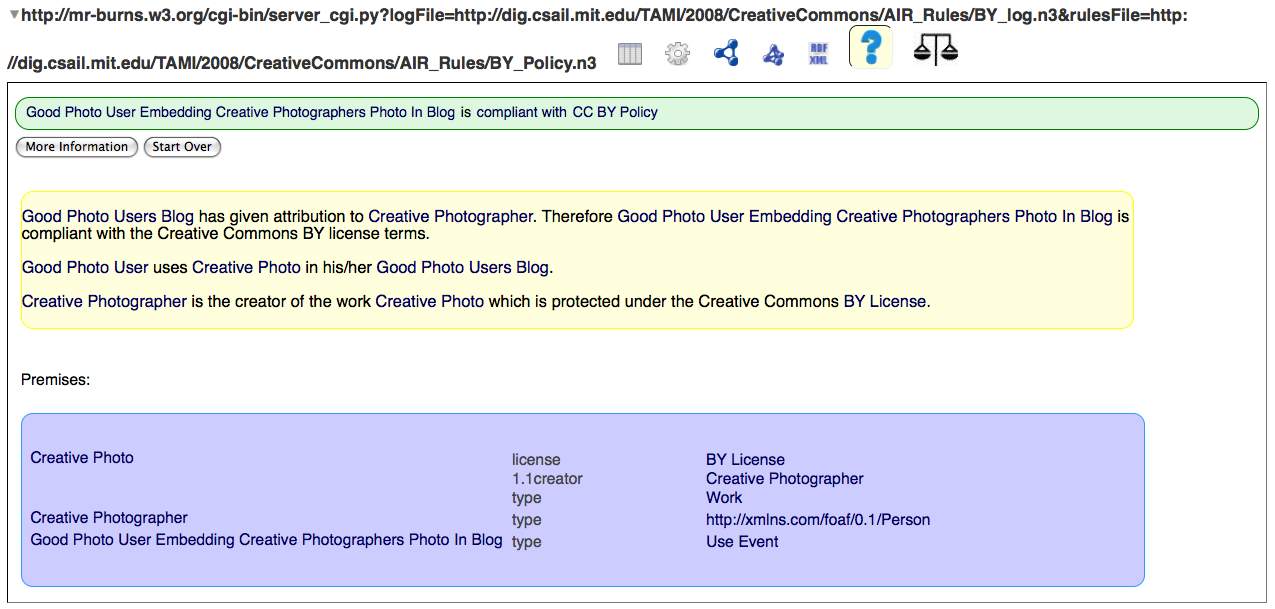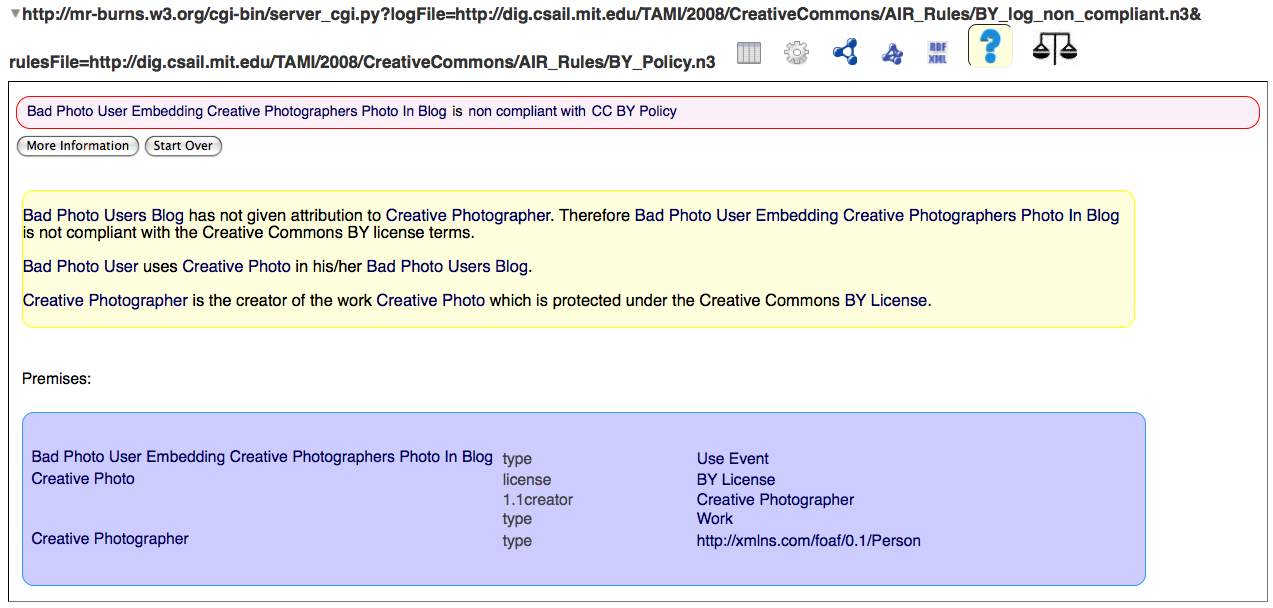Everyone is a publisher

2 September 2008
Bergen University Department of Information and Media Studies
Daniel J. Weitzner
Decentralized Information
Group
MIT Computer Science and Artificial Intelligence Laboratory
These slides: http://dig.csail.mit.edu/2008/Talks/0902-privacy-fx-bergen/


Time Magazine, 3 July 1995
| "The Internet is 'a unique and wholly new medium of worldwide human
communication.'" ACLU v. Reno, United States Supreme Court (June 1997)
"Filters are less restrictive than COPA. They impose selective restrictions on speech at the receiving end, not universal restrictions at the source." Ashcroft v. ACLU, 542 US 654 (2004). |
 |
 |
 |
Salon Magazine, 30-3-2005

|  |
"Imagine a world where every online store sells DRM-free music encoded in open licensable formats. In such a world, any player can play music purchased from any store, and any store can sell music which is playable on all players. This is clearly the best alternative for consumers, and Apple would embrace it in a heartbeat. If the big four music companies would license Apple their music without the requirement that it be protected with a DRM, we would switch to selling only DRM-free music on our iTunes store. Every iPod ever made will play this DRM-free music,"
Steve Jobs, Thoughts on Music (February 6, 2007)
Policy Challenge |
Failed Centralized Approach | Successful Decentralized Approach |
| Freedom of Expression/Inappropriate Content | Broadcast-style censorship | User-side Filtering |
| Copyright | Digital Rights Management | Open source business models |
| Privacy | Secrecy | ? |

Jerrigan and Mistree (2007), unpublished research
Targetted Sector-specific Privacy Protections
General right of consumer fairness and reliance on individual negoation ('let the marketplace work')
Article 6
1. Member States shall provide that personal data must be:
(a) processed fairly and lawfully;
(b) collected for specified, explicit and legitimate purposes and not further processed in a way incompatible with those purposes....
(c) adequate, relevant and not excessive in relation to the purposes for which they are collected and/or further processed;
(d) accurate and, where necessary, kept up to date; .... (e) kept in a form which permits identification of data subjects for no longer than is necessary for the purposes for which the data were collected or for which they are further processed....
Directive 95/46/EC
Can today's privacy model (EU or US) be sufficient going forward?
Key will be purpose limitation, but we have a dilemma...
Dilemma: limited individual and regulatory capacity to control escalating data collection.
Current result of consent dilemma + increased inference power: strict about what's collected but loose about usage
Better result: loose about what is collected and strict about usage

|  |

|
Robert Ellickson, Order Without Law (1991)
Privacy is the claim of individuals, groups, or institutions to determine for themselves when, how, and to what extent information about them is communicated to used by others.
A new approach to Privacy, Copyright and Freedom of Expression
Information Accountability: When information has been used, it should to possible to determine what happened, and to pinpoint use that is inappropriate


Goal: Deter rule violation while preserving free flow of information